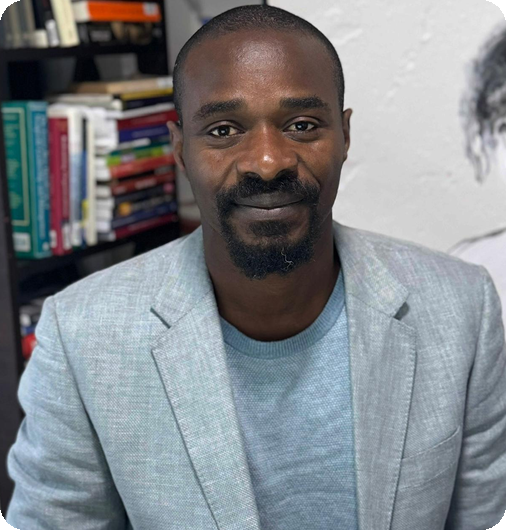11th International Conference of Community Psychology – ICCP 2026 - September 1st - 4th, 2026.
Gathering in the Motherland: Celebrating Ways of the Waters & Reconnecting to the Source.

About ICCP2026
Welcome to the 11th International Conference of Community Psychology – ICCP 2026, hosted at Lagos State University.
This year, we come together under the theme: ‘Gathering in the Motherland: Celebrating Lifeways, Ways of Water & Reconnecting to the Source.’ Our theme speaks to the enduring power of connection, no matter how far we’ve traveled or how much time has passed. Like water, which flows freely yet is shaped by its journey, we too are shaped by our roots and the communities we belong to.
This gathering is more than a conference—it is a homecoming. A chance to reconnect, to share, and to celebrate the richness of our collective lifeways. It is a sanctuary where ideas flow, traditions are honored, and the essence of our shared humanity is embraced. Here, you’ll find not just knowledge, but a sense of belonging. As you participate, we hope you feel the warmth of home—a place where connections are nurtured and new possibilities begin. When you leave, it won’t just be with new insights or perspectives; it will be with a piece of home carried within you.
ICCP2026 THEME
Gathering in the Motherland: Celebrating Ways of the Waters & Reconnecting to the Source
Water, the excellent nurturer, supports all forms of life, whether mythical or actual. Water runs through and shapes every landscape, enlivening the hills, the mountains, the forest, and animals of varied kinds. The power of water lies in its ability to shapeshift form for conditions. The rise of civilizations has always been inextricably linked to the successful management of water when there was either too little or too much of it, harnessing its power.
All ecosystems and cultures, through the movement of humans and goods, have often become identified with the societies they support. Is it possible to think of China without imagining the Yangzi, ancient Egypt without the influence of the Nile, Caesar’s Rome, or Dante’s Florence without picturing the Tiber or the Arno? It is impossible to think of the transatlantic trade and redistributing human bodies across Americans without Lagos, Badagry’s “Point of no Return.
Water has always had a powerful hold over humankind. On the back of water, we have traversed and rooted ourselves in many places across the world. The 2026 ICCP will be a call to gather in the sanctuary to see where we are, where we have been, and where we are going as a human species, as planetary cousins. To reconnect, reconvene, and bring the power of our flows back to the communities of this region. To cleanse, care for, and grow together…as the ways of water.
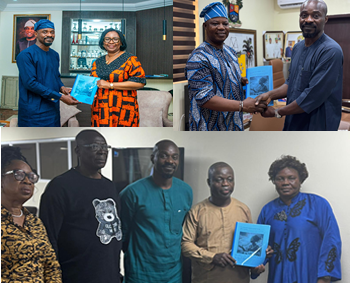
WHY NIGERIA?
Reasons why we hosting ICCP in Nigeria
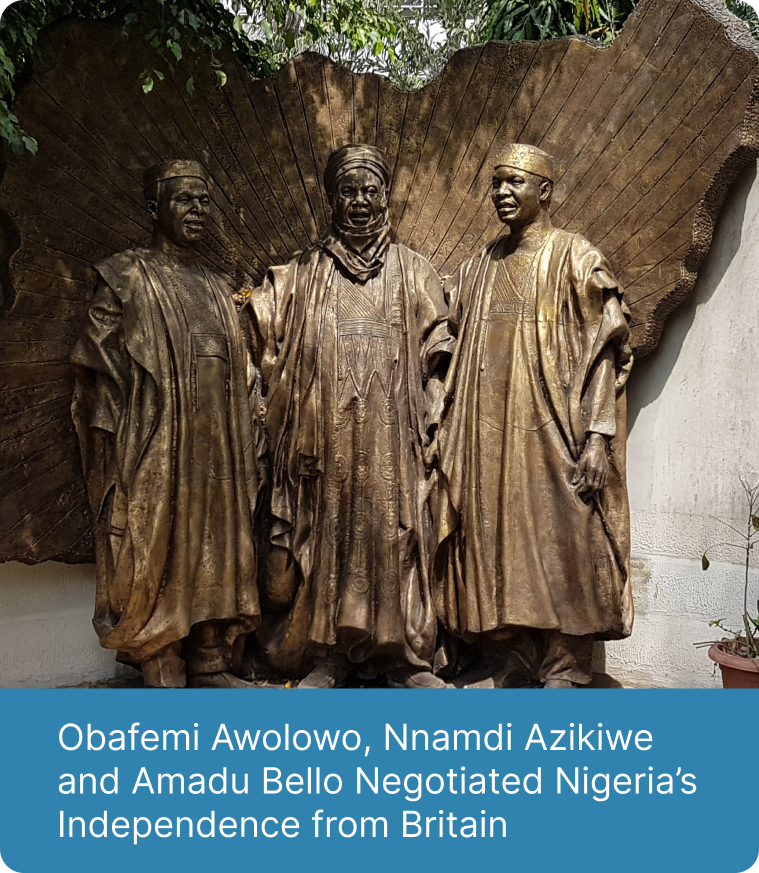
- To Introduce the Community Psychology Program to the Academic Community in Nigeria and Africa.
- The conference could inspire and motivate young Nigerian students and professionals to pursue careers in community psychology.
- The conference would facilitate the exchange of ideas, knowledge, and best practices between Nigerian community psychologists and their international counterparts, fostering global collaboration and thus promoting cultural exchange.
- The conference would provide a platform for other Nigerian psychologists to enhance their skills, learn from global experts, build professional networks, and find areas of collaboration with the international community psychology community.
- Hosting an international conference would bring economic advantages to the host city and country, such as increased tourism, job creation, and investment opportunities.
- The conference would help establish stronger connections among African community psychologists, promote regional collaboration and knowledge sharing, and encourage regional ties.
- The conference would stimulate research collaborations between Nigerian and international scholars, leading to innovative projects and publications.
- Successfully hosting the International Conference of Community Psychology would raise Nigeria's profile on the global stage, showcasing its capabilities and commitment to the field. This will increase the quality of the Nigerian profile on the global map.
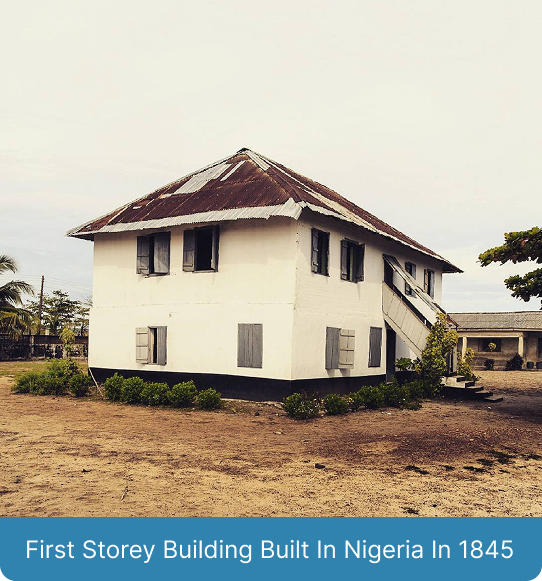
BE PART OF THE CHANGE
Register for ICCP2026 or partner with us to amplify the impact
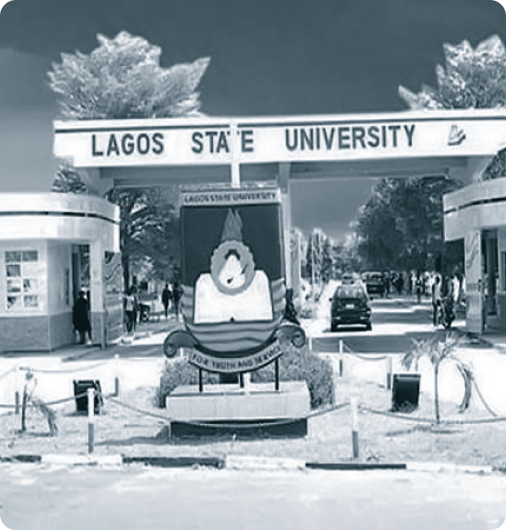
BACKGROUND
The Lagos State University, Ojo was established by a Bill passed by the Lagos State House of Assembly and assented to by the first civilian Governor of Lagos State, Alhaji Lateef Jakande, on 22nd April 1983. The Lagos State University Statute No. 1 of 1983 created the institution. The Statute was revised in 1986 and evolved as the Lagos State Edict No. 5 of 1986. Further amendments to the Edict were made in 1990, 1992, 2004, and 2015; the latest amendment was assented to by the Governor on January 5, 2016.
Today, the law governing the Lagos State University is cited as “LASU Law 2016 (as amended)”. On the eve of 1983, when the idea of a Lagos State University (LASU) was concretized by an Edict passed by the Lagos State House of Assembly, Lagos State was generally referred to as an educationally backward state within the Federal Republic of Nigeria. Although Lagos had always enjoyed a premier and pre-eminent position in the history of education in Nigeria since the colonial period, it had been consistently referred to as backward because of the low indigenous population in schools.
The first steps towards the establishment of LASU were taken during the administration of Alhaji Lateef Kayode Jakande as the Governor of Lagos State. A number of indigenous Lagosians serving or advising Alhaji Jakande gave considerable thought to the establishment of the University.onsistently referred to as backward because of the low indigenous population in schools.
BE PART OF THE CHANGE
Register for ICCP2026 or partner with us to amplify the impact
INCUMBENT GOVERNOR OF LAGOS STATE
Babajide Sanwo-Olu
Babajide Olusola Sanwo-Olu (born 25 June 1965) is a Nigerian politician who has served as the governor of Lagos State since 2019.
Sanwo-Olu became governor under the platform of the All Progressives Congress after winning the APC gubernatorial primaries against then-incumbent governor, Akinwunmi Ambode who had fallen out of favour with his alleged political sponsor. He is a graduate of the University of Lagos, London Business School, Lagos Business School and the John F. Kennedy School of Government.
Before his gubernatorial ambition, he was the managing director and CEO of Lagos State Property Development Corporation (LSPDC).
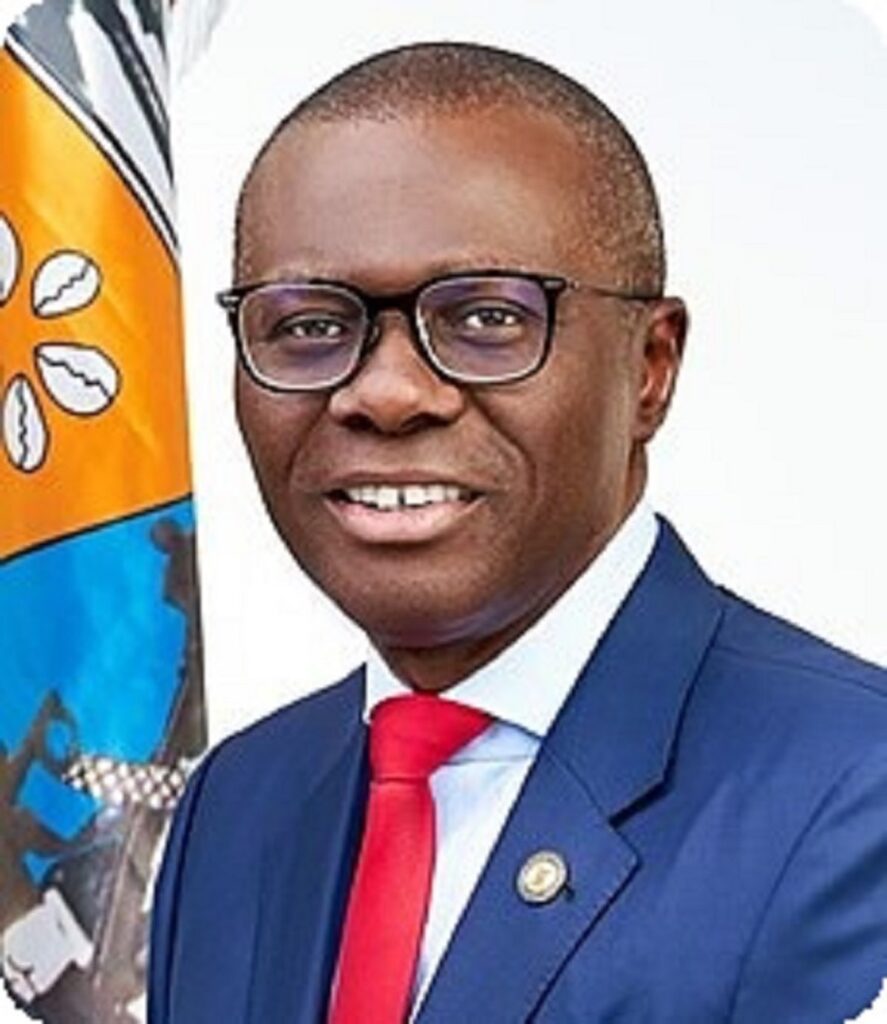
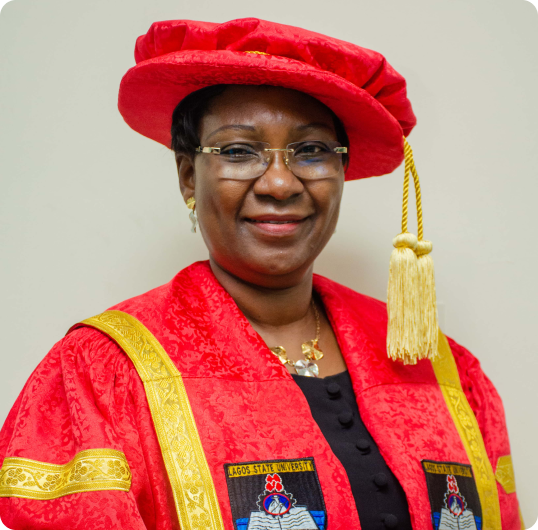
VICE CHANCELLOR, LASU
Prof. Ibiyemi Olatunji-Bello
Professor Ibiyemi Ibilola Olatunji-Bello was born in Lagos on the 23rd of April 1964 to Mrs Professor Olatunji-Bello is married to Mr. Tunji Bello, a Lagos State Commissioner for Environment and Water Resources. They have children and are deeply committed to public service and community development.
Her tenure at LASU continues to strengthen the institution’s reputation as a center of academic excellence and innovation, making significant strides in education, research, and infrastructure.
For more detailed insights into her career and initiatives, visit her official profile.
Prof. Yemi Olatunji-Bello is happily married to Tunji Bello, a journalist and lawyer, and the Commissioner for the Environment and Water Resources, and the former Secretary to Lagos State Government. They are blessed with 3 children.
CHAIRMAN OF THE PROGRAM
Moshood Olanrewaju, Ph.D., MPA
Dr. Moshood Olanrewaju is a distinguished community psychologist and educator dedicated to advancing human rights and social justice. He serves as an Assistant Professor of Clinical Psychology at Adler University, where he integrates his extensive expertise into both teaching and practice.
Research and Publications: Dr. Olanrewaju’s research focuses on refugee resettlement, community development, and liberation psychology. Notably, his dissertation, titled “An Examination of Refugees Strategies of Survival: A Critical Ethnographic Study of the Status of Resettlement Organizations and the Promotion of Alternative Forms of Resettlement Setting,” offers an in-depth analysis of refugee survival strategies and critiques existing resettlement practices.
Online Presence: Dr. Olanrewaju actively engages with the academic and broader community through social media. His X (formerly Twitter) profile, reflects his commitment to community healing and social justice.
Through his multifaceted roles, Dr. Olanrewaju exemplifies a steadfast commitment to fostering equitable communities and advancing the field of community psychology.
